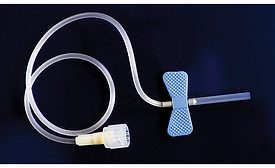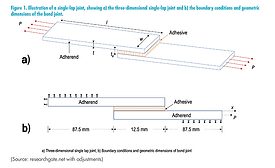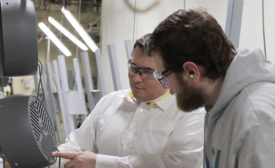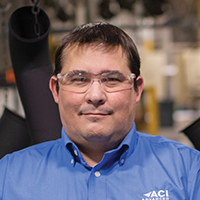Featured on Home Page
It is vital to choose the right testing methods to create certainty and predictability in the manufacture and use of hydrophilic coatings for implantable medical devices.
Read More
From the Editor
Putting Things Together During a Pandemic
Today’s environment of constant change, ambiguity, and even conflict can lead to especially problematic decision making.
October 20, 2020
Renewable Alternative: Cashew Nutshell Liquid-Based Isocyanate Blocking Agent
A high-purity cardanol derived from renewable cashew nutshell liquid offers chemical features that can be successfully used in epoxy and polyurethane adhesives and sealants.
October 16, 2020
Strategic Solutions
What Tests Should I Run on My Structural Adhesive Systems?
Each adhesive testing protocol should add tangible value to your structural design.
October 14, 2020
Industry Assembles Virtually at The ASSEMBLY Show
The ASSEMBLY Show is virtual this year—early access began in August, the event is being held October 27-28, and on-demand login opportunities will last through June 2021.
October 12, 2020
Going Above and Beyond OEM Testing Requirements
The best practice in testing procedures involves incorporating additional quality control and testing standards beyond those required by OEM partners.
October 9, 2020
Bringing the Industry Together at the ASC Virtual Convention and EXPO
The ASC Virtual Convention and EXPO will offer a co-located short course, live keynote speakers, dozens of education sessions, an interactive exhibition, and many networking opportunities.
October 8, 2020
M&A Corner
COVID-19: The Black Swan
Though the COVID-19 pandemic caused a major slowdown in merger and acquisition activity, strategic and "bolt-on" deals are still getting done.
October 7, 2020
Put Some Moxie in Your Epoxy: Toughening Epoxy Adhesives with a Polyurethane Prepolymer
The addition of a low-viscosity, blocked polyurethane prepolymer improves the strength and reduces the cure time of epoxy adhesives.
October 5, 2020
Ask Dr. Dave
Repairing Leaks in a Fire Sprinkler System
We have some pinhole leaks in our fire sprinkler system in a large residential apartment block. Can you recommend a sealant that will stop the leaks to give us some time before we have to replace the entire system?
October 2, 2020
Keep the info flowing with our eNewsletters!
Get the latest industry updates tailored your way.
JOIN TODAY!Copyright ©2024. All Rights Reserved BNP Media.
Design, CMS, Hosting & Web Development :: ePublishing
















